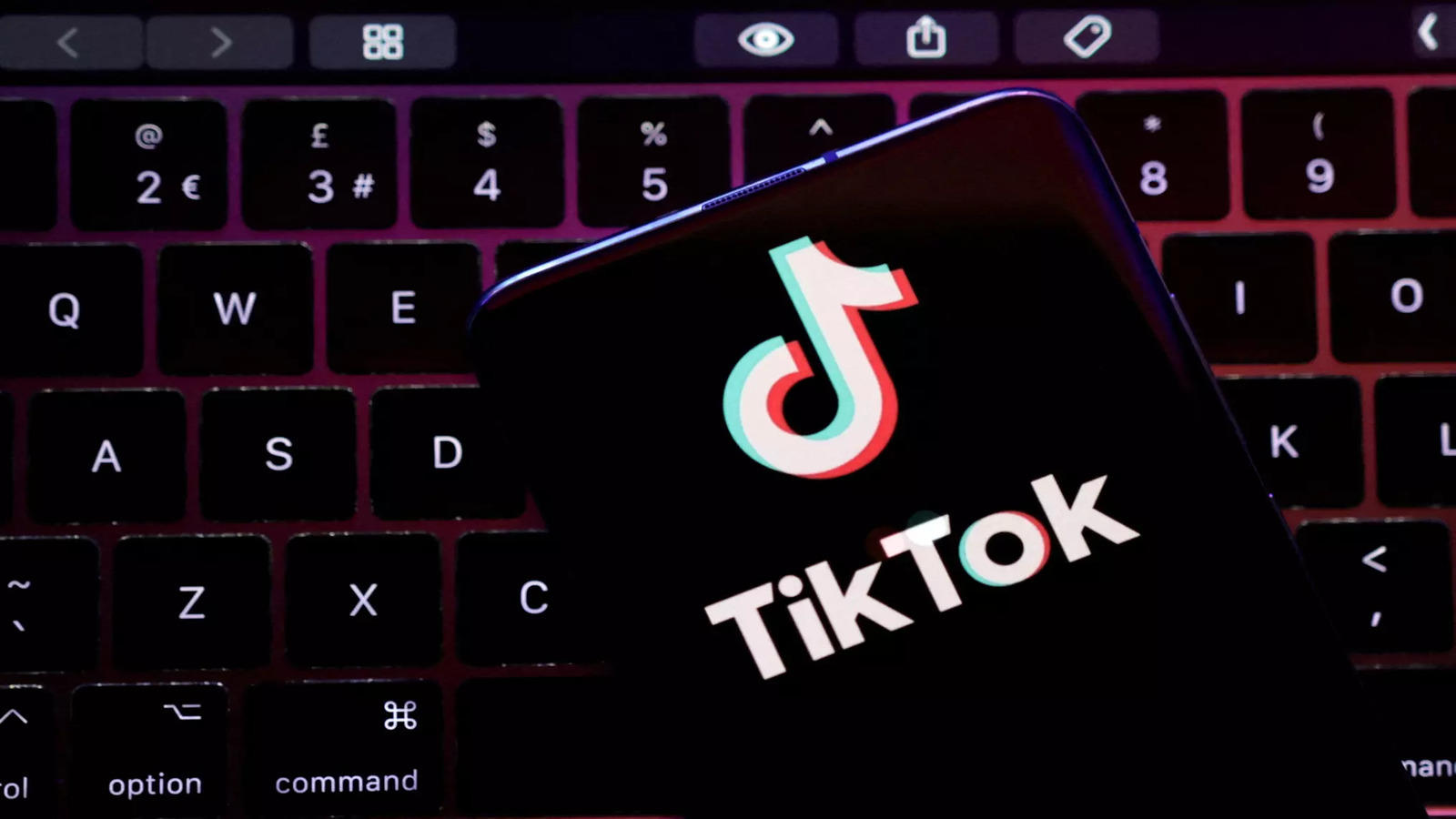Biden and Trump Seek Answers on TikTok Shutdown, Yet Paths to Prevention Still Unclear
An official has confirmed that President Joe Biden will not enforce a ban on the social media app TikTok.
It’s easy to see why a president would want to avoid the political fallout that comes with banning one of the most widely used apps in the United States. A decision to shut down an app like TikTok, which has millions of users, could spark significant backlash from the public, especially younger demographics who rely on it for entertainment, information, and social connection.
For both President Joe Biden and former President Donald Trump, the challenge lies in the fact that, despite their efforts, there may be no clear or feasible way to prevent such a ban from happening. This dilemma leaves both leaders grappling with the possibility of political consequences, while trying to navigate the complexities of national security concerns and public opinion.

The Supreme Court is anticipated to support a bipartisan national security law that mandates TikTok, the popular social media app, to be sold by its Chinese parent company, ByteDance, by Sunday. If the company fails to comply with this requirement, the app could face a potential ban in the United States. This law, which reflects concerns about national security, particularly around data privacy and potential Chinese government influence, aims to sever the ties between TikTok and its Chinese ownership. The looming deadline has intensified pressure on the company, and the Supreme Court’s expected decision could have significant implications for the app’s future in the U.S. market.
When President Biden signed the Protecting Americans’ Data From Foreign Adversaries Act into law last spring, he understood it gave him the authority to extend the deadline by 90 days if a sale of TikTok was in progress. However, that extension has not been granted, as neither TikTok nor its Chinese parent company, ByteDance, has shown any public interest in selling the app. Even if they did consider it, the Chinese government could use its export controls to block the sale of TikTok’s crucial algorithm, further complicating the situation.
With the Sunday deadline quickly approaching, the Biden administration is reportedly scrambling to find a solution to keep TikTok available in the U.S. beyond January 19. A ban on the app taking effect on the final day of Biden’s presidency would be a problematic conclusion for his time in office. Professor Sarah Kreps, director of the Cornell Brooks School Tech Policy Institute, noted that the administration should have anticipated the potential political consequences of such a ban on the last day. She found it surprising that the realization was coming so late in the game.
If the situation remains unresolved, TikTok’s lawyer, Noel Francisco, warned that the platform would essentially be shut down, stating, “We go dark.”
Meanwhile, attention is turning to the incoming president, Donald Trump, who, according to a report from The Washington Post, has expressed a strong desire to be seen as someone who could “rescue” TikTok—a platform on which he is reportedly admired by a significant number of its users. Trump’s potential involvement in the situation adds another layer of complexity to an already tense and uncertain scenario.
The situation is much more complicated than simply issuing an extension. While President Biden had the authority to grant a 90-day extension on the TikTok sale deadline up until January 19, that window of opportunity is rapidly closing. After this date, the law will stand, and any further action by the president will be much more difficult to implement. Professor Sarah Kreps explained that once the law is in effect, the new president—whoever it may be—won’t have the option to simply issue an executive order to reverse it. The legal and bureaucratic hurdles to undoing the law at that point will be significant, making it far more challenging to bypass or delay its enforcement.
As for former President Donald Trump, his pick for national security adviser, Representative Mike Walz of Florida, expressed admiration for TikTok’s algorithm, calling it “amazing.” Walz indicated that the incoming Trump administration would look for a way to preserve the platform while also addressing concerns over user data protection. While he refrained from offering specifics, Walz mentioned the administration would create “the space” to finalize any deal, implying they would attempt to find a resolution that balances security and TikTok’s continued operation.
There is speculation that Trump might direct his Department of Justice to refrain from enforcing the law, which could potentially delay the shutdown. However, this could lead to legal challenges from members of Congress who still strongly support the law. Kreps suggested that these lawmakers, feeling strongly about the national security risks posed by TikTok, would have solid legal grounds to take action and enforce the law through the courts if necessary.
Regardless of the political maneuvers by Biden or Trump, the situation could become more concrete as major tech companies, particularly Google and Apple, may opt to remove TikTok from their app stores. This would comply with the legal requirements of the statute, placing additional pressure on the app’s availability in the U.S. even if other efforts to delay or bypass the law are made.
Professor Sarah Kreps explained that due to the uncertainty surrounding the legal implications of the situation, Apple, Google, and other service providers are likely to avoid taking any risks. She pointed out that the ambiguity regarding their potential legal responsibility to enforce the law makes it highly unlikely that these companies would want to get involved. If it were later determined that they were legally required to comply with the law, they could face significant financial penalties and costs. As a result, Kreps believes these companies will likely err on the side of caution and avoid the potential legal and financial fallout by removing TikTok from their app stores.


Comments are closed, but trackbacks and pingbacks are open.